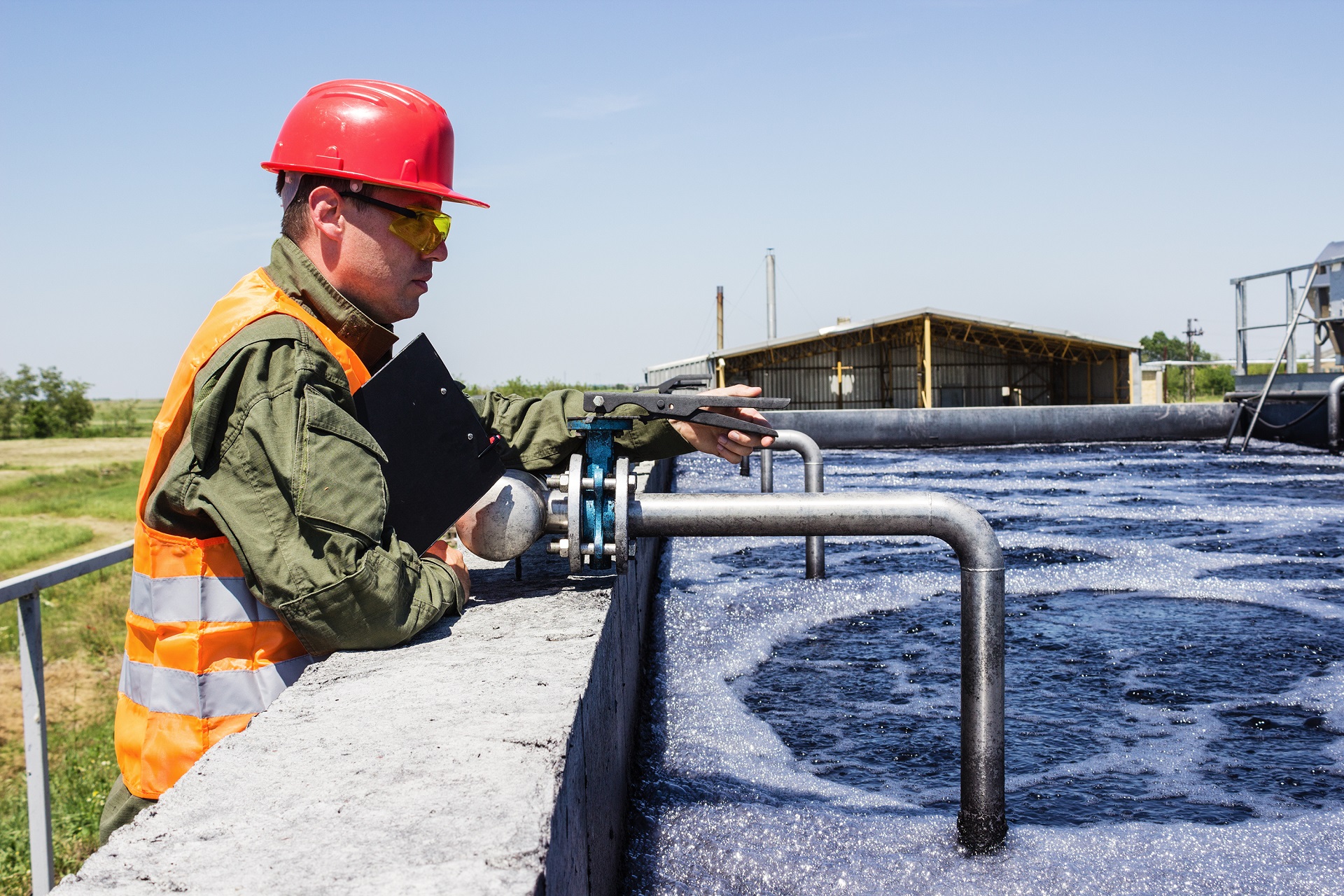Off grid living Azores: Imagine waking to the sun rising over volcanic peaks, your home powered by the very wind that whispers through the lush green hills. Escape the urban grind and embrace a life of self-sufficiency on these stunning islands. This guide unveils the practicalities, challenges, and unparalleled rewards of creating your own off-grid paradise in the Azores archipelago, a place where nature’s bounty meets modern ingenuity.
From navigating the legal landscape of permits and regulations to mastering rainwater harvesting and renewable energy solutions, we’ll explore every aspect of establishing a sustainable off-grid existence. Discover the secrets to managing waste responsibly, choosing appropriate building materials, and building a resilient home that harmonizes with the Azores’ unique environment. We’ll also address the inevitable challenges, offering practical solutions and highlighting the invaluable role of community support in this rewarding lifestyle choice.
Building Materials and Construction Techniques for Off-Grid Homes in the Azores: Off Grid Living Azores
Building an off-grid home in the Azores presents a unique opportunity to blend sustainable practices with the archipelago’s rich architectural heritage. The volcanic landscape and the island’s climate dictate material choices and construction methods, influencing both the cost-effectiveness and longevity of the structure. Careful consideration of locally sourced materials and traditional techniques minimizes environmental impact while creating homes resilient to the region’s weather patterns.
Locally Sourced, Sustainable Building Materials
The Azores offer a wealth of sustainable building materials readily available, reducing reliance on imported resources and their associated carbon footprint. Volcanic stone, abundant across the islands, provides exceptional thermal mass, naturally regulating interior temperatures. Basalt, a dark-colored volcanic rock, is particularly durable and weather-resistant, ideal for foundations and exterior walls. Locally harvested timber, such as cedar and pine, can be used for framing and interior finishes, provided sustainable forestry practices are followed.
Finally, utilizing reclaimed materials from existing structures adds character and reduces waste. For example, repurposed lava stone from demolished buildings can be incorporated into new walls, adding a unique historical element to the design.
Traditional Azores Construction Techniques Suitable for Off-Grid Homes
Traditional Azorean construction methods are inherently well-suited to off-grid living, emphasizing durability, natural insulation, and resource efficiency. The use of thick stone walls, for example, provides excellent thermal mass, minimizing the need for extensive heating or cooling systems. The ” paredes de pedra seca” (dry-stone walls) technique, using volcanic rock without mortar, is a testament to the region’s resourceful building traditions.
These walls offer exceptional insulation and require minimal materials. Traditional thatched roofs, though less common now, offer excellent insulation and are a visually appealing, sustainable roofing solution. These techniques, when combined with modern insulation strategies, create energy-efficient homes well-suited to the Azores’ climate.
Cost and Benefits of Different Building Materials
The cost-effectiveness of various building materials varies depending on accessibility, labor costs, and the scale of the project. Volcanic stone, while readily available, requires skilled labor for construction, potentially increasing overall costs. However, its durability and insulation properties translate to long-term savings on energy bills. Wood framing is generally faster and less labor-intensive, making it a more cost-effective option in the short term, though it may require more maintenance over time.
Concrete, though less environmentally friendly due to its carbon footprint, offers a quick and versatile building solution, but its thermal performance may necessitate additional insulation. A balanced approach, combining locally sourced stone for exterior walls with sustainably harvested timber for framing, could optimize both cost and environmental impact.
Simple Floor Plan for a Small Off-Grid Home in the Azores, Off grid living azores
A small, energy-efficient off-grid home in the Azores could utilize a simple, open-plan design. Imagine a 50 square meter structure with a central living area, a combined kitchen and dining space, and a separate bedroom and bathroom. South-facing windows maximize natural light and passive solar gain, minimizing the need for artificial lighting and heating. Thick stone walls, combined with appropriate insulation in the roof and floor, provide exceptional thermal mass and reduce energy consumption.
A rainwater harvesting system would provide a sustainable water source, while solar panels could generate electricity. The layout should prioritize natural ventilation, utilizing cross-breezes to reduce the reliance on mechanical ventilation. The design would emphasize functionality and simplicity, reflecting the off-grid lifestyle and minimizing material waste. The overall aesthetic could seamlessly integrate with the surrounding landscape, using locally sourced materials and traditional construction techniques.
Embarking on off-grid living in the Azores is a journey of discovery, resilience, and profound connection with nature. While challenges exist, the rewards – a life deeply rooted in sustainability, self-reliance, and the breathtaking beauty of the Azores – far outweigh the effort. This guide serves as a roadmap, empowering you to navigate the complexities and unlock the potential of creating a truly unique and fulfilling life on these enchanting islands.
The path to self-sufficiency is paved with careful planning and a spirit of adventure; are you ready to begin?
Quick FAQs
What is the cost of land in the Azores?
Land prices vary greatly depending on location, size, and accessibility. Expect significant differences between developed coastal areas and more remote inland plots.
How do I find community support in the Azores?
Connecting with local communities is crucial. Attend local events, join online forums, and reach out to existing off-grid residents for advice and support.
What are the typical internet options for off-grid living?
Satellite internet is often the most reliable option in remote areas, although it can be expensive. Exploring local providers for potential solutions is recommended.
What about healthcare access in remote areas?
Healthcare access varies by island. Research the nearest medical facilities and ensure you have adequate health insurance.
Expand your understanding about how to make money off grid living with the sources we offer.


